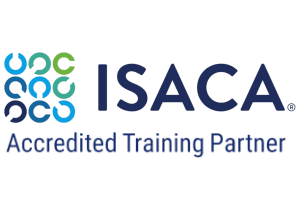
Validate your expertise and get the leverage you need to move up in your career. With ISACA’s Certified Information Systems Auditor (CISA) certification, you can do just that. CISA is world-renowned as the standard of achievement for those who audit, control, monitor and assess an organization’s information technology and business systems.
CISA certification is foundational to a successful IT career. If you are an entry-level to mid-career professional, CISA can showcase your expertise and assert your ability to apply a risk-based approach to planning, executing and reporting on audit engagements. Gain instant credibility in your interactions with internal stakeholders, regulators, external auditors, and customers.
Certified Information Systems Auditor (CISA) refers to a designation issued by the Information Systems Audit and Control Association (ISACA). The designation is the global standard for professionals who have a career in information systems, in particular, auditing, control, and security. CISA holders demonstrate to employers that they have the knowledge, technical skills, and proficiency to meet the dynamic challenges facing modern organizations.
